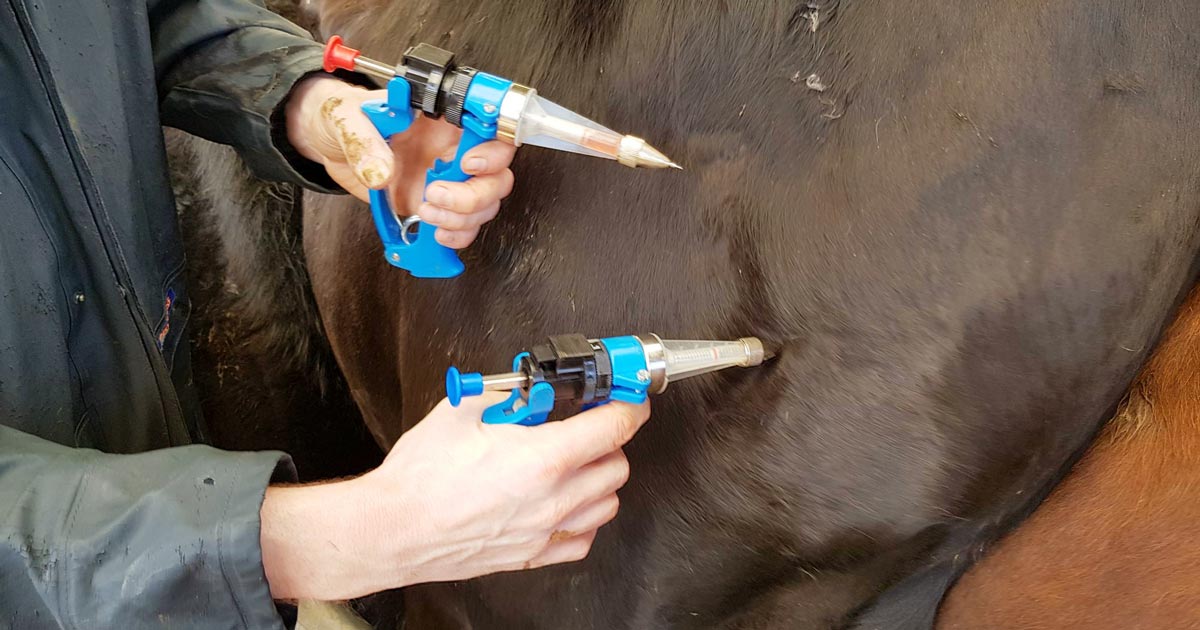As we all know, in March 2020 the world came to a grinding halt… and ever since the veterinary profession has been adapting accordingly.
For those who have worked throughout, it has been a whirlwind of changing goalposts and new protocols, with advice seemingly changing on a daily basis. For veterinary students who have not yet entered the profession, it has also been a roller-coaster of emotions.
I really feel for this year’s cohort of new grads – the first few months in practice is stressful enough without the spanner that COVID has thrown into the works.
Missing out
For those coming to the end of final year, their final rotations and EMS placements are likely to have been affected, their exams will have taken a different format, and graduation will have been virtual. They are also likely to have missed out on a lot of the social events that mark the end of their veterinary student days, such as graduation ball, final-year holiday and – for those at Glasgow – the raft race.
On top of this, they will also be concerned about finding jobs.
At the beginning of lockdown, when I had a few rare minutes to flick through the usual veterinary magazines or journals, I noticed a distinct lack of job adverts – in some issues there were none at all – and while these are steadily creeping back again (as well as more adverts appearing on the publications’ respective websites and various social media platforms), less new grad roles will undoubtedly be available as practices feel the financial squeeze of the pandemic and cannot afford to take on additional staff members.
Everything’s different
For those new grads who do manage to secure a veterinary job, it is likely to be quite different to the new graduate job they may have envisioned, with such altered working conditions at the moment.
I do not envy those currently hunting for jobs; it would be almost impossible to judge any job or practice accurately based on the current circumstances…
However, this could actually be a positive thing: the pressure the profession has been put under is likely to highlight those practices or businesses that have coped well and looked after their staff as much as possible throughout. It is these practices – which have managed to maintain good morale and teamwork in these hardest of times – that should be more desirable to a jobseeker.
Give nothing away
For those graduates struggling to pin down a veterinary job, it could be tempting to take up unpaid work experience. However, I would advise graduates to think very carefully about this at the risk of being taken advantage of. The BVA has been clear that practices should not be offering unpaid placements to new graduates, who are skilled and qualified professionals and deserve to be recognised as such.
After graduation, indemnity concerns also exist for qualified vets who are no longer students and yet not employees; therefore, graduates need to be very careful about undertaking unpaid veterinary work.

Alternative employment
While perhaps not the kind of career that many veterinary graduates foresaw for themselves, a number of public health roles require qualified vets, which could be an option, such as:
- meat hygiene inspectors
- TB testers
- official veterinarian roles in food exportation
For those graduates who know they definitely want to pursue a career in clinical practice, it may be daunting at the moment to be faced with a different job for a temporary stop-gap; graduates often worry that too big a break from practice after graduation will affect their confidence and clinical skills. However, I would like to think the profession as a whole will be understanding and recognise that, by the time more graduate roles are available, many applicants will have had an alternate first veterinary job.
We are all facing unprecedented challenges, and are not likely to forget how difficult it’s been for everyone in any hurry.
Staying at home
Some graduates may have also had their sights set on starting a career abroad and are now having to rethink their options.
Depending on the country they wish to travel to, some are offering visa exemptions for essential roles or those on shortage lists – of which veterinary often is – so it would be worth not giving up on that just yet.
However, many of us have found our plans put on hold for now. As devastating as it may be, graduates should keep an open mind and explore all avenues of veterinary-related roles – it won’t be forever, and you might even find something unexpected that you love.

Leave a Reply